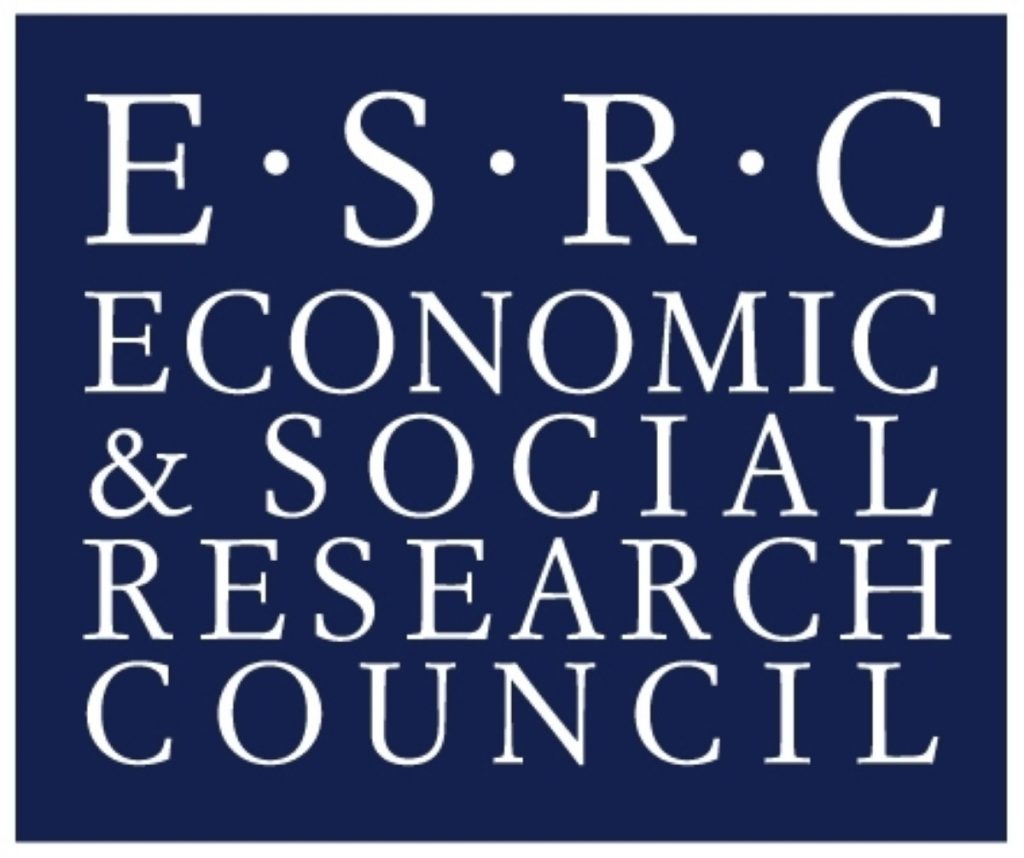ESRC: Experts challenge government on special needs reforms
Academics and campaigners are calling on the government to reconsider its proposed changes in providing support for children with special needs. The call comes at the public debate 'Time to end the bias towards inclusive education?' which will take place in Manchester as part of the Festival of Social Science run by the Economic and Social Research Council (ESRC) this month.
Academics, activists, young people, parents and carers will debate government plans to involve parents in the assessment process and introduce a legal right to give them control over funding for their child's support. The proposals, which are laid out in a Green Paper published in March 2011, claim to give parents a greater choice of schools, along with the power to set up special free schools in their communities.
The proposed changes would fulfil a promise by the coalition government to 'prevent the unnecessary closure of special schools, and remove the bias towards inclusion'. But event organiser Professor Dan Goodley, at Manchester Metropolitan University, argues that such measures would lead to the greater isolation of disabled children.
"There never has been a bias towards inclusion," he said. "Disabled children are already more likely to face isolation and unfair treatment, and we know that disabled children are currently more likely than their non-disabled peers to be excluded from mainstream school, and to be set apart in their communities."
"Our big fear is that more and more disabled kids will be taken out of mainstream schools and put into special schools," he added. "We could end up with disabled kids being pushed even further away from their communities than they are now."
Professor Goodley and colleague Dr Katherine Runswick-Cole are drawing on previous research funded by the ESRC called 'Does every child matter, post Blair?' The project's findings show that disabled children and their families continue to suffer exclusions in their day-to-day lives in schools, hospitals, social care and in their leisure activities.
The research also found that narrowing definitions of what represents a 'normal' childhood are helping to create increased discrimination and belittlement for disabled children. Expectations for disabled children are low and, despite recent changes in policy and practice, many children are still being denied the opportunity to fulfil their potential.
The debate comes as the government embarks on a period of testing its proposals in local areas from September 2011. The Department for Education plans to set out detailed plans to implement the reforms by the end of the year.
"There are no easy answers, but time is right to debate inclusion," said Professor Goodley.
For further information contact
Professor Dan Godley
Email: d.goodley@mmu.ac.uk
Telephone: 0161 247 2526
ESRC Press Office:
Danielle Moore
Email: danielle.moore@esrc.ac.uk
Telephone 01793 413122
Jeanine Woolley
Email: jeanine.woolley@esrc.ac.uk
Telephone 01793 413119
Notes for editors:
Time to end the bias towards inclusive education?
Organiser: Professor Dan Goodley, Manchester Metropolitan University
Date: 5 November 2011 14.00-16.00
Venue: Museum of Science and Industry, Liverpool Road, Manchester
Audience: Suitable for parents/carers, practitioners, academics and representatives from charities and disabled people's organisations
For more information: Time to end the bias towards inclusive education?
This release refers to the findings from from 'Does every child matter, post Blair? The interconnections of disabled childhoods' funded by the Economic and Social Research Council and carried out by Professor of Psychology and Disability Studies at Manchester Metropolitan University. The research examined the effects of the Every Child Matters agenda on disabled children aged 4 to 16 and their families. For more details please visit the project website: post-blair.posterous.com
The project involved interviews with disabled children and parents and professionals, along with eighteen months' observation of families and practitioners as users of health, education and leisure services.
The Festival of Social Science is run by the Economic and Social Research Council which runs from 29 October to 5 November 2011. With events from some of the country's leading social scientists, the Festival celebrates the very best of British social science research and how it influences our social, economic and political lives – both now and in the future. This year’s Festival of Social Science has over 130 creative and exciting events aimed at encouraging businesses, charities, government agencies; and schools or college students to discuss, discover and debate topical social science issues. Press releases detailing some of the varied events are available at the Festival website. You can now follow updates from the Festival on twitter using #esrcfestival
The Economic and Social Research Council (ESRC) is the UK's largest organisation for funding research on economic and social issues. It supports independent, high quality research which has an impact on business, the public sector and the third sector. The ESRC’s total budget for 2011/12 is £203 million. At any one time the ESRC supports over 4,000 researchers and postgraduate students in academic institutions and independent research institutes. More at www.esrc.ac.uk





-01.png)